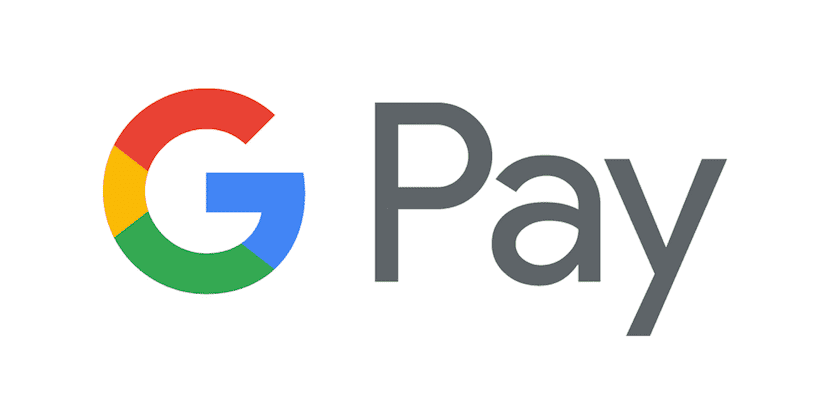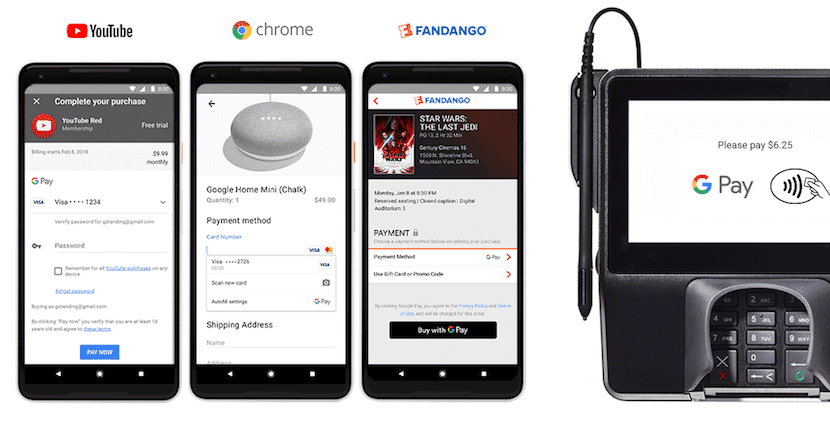
Google has spent several years trying to find the best way to name its mobile payment system. First, it launched Google Wallet, a payment system through a dedicated application that did not require an NFC chip for its operation. Three years ago, it launched Android Pay, a new payment system that makes use of the NFC chip of mobile devices and with which it tried to stand up directly to both Apple Pay and Samsung Pay.
But it seems that none of those names were to the liking of the search giant, since as announced by the company Android Pay and Google Wallet are merging under one roof and Google's mobile payments service will be renamed Google Pay. Let's see how long this name lasts for them now.

This change does not affect the operation of both platforms at any time, since they will continue to function in the same way, and the only change will affect the change of the icon and the name of the serviceor. The change will take place in the coming weeks and will allow users of this platform to make payments in physical stores, through Google services ...
The oldest wallet service, Google Wallet will continue to work despite the fact that most terminals currently available on the market already have an NFC chip and use the Android Pay service instead. To celebrate the announcement of this unification, the search giant will carry out a series of promotions in physical stores and in Google's online store, with which the company wants to encourage the use of this electronic payment technology, which has become a more than usual way in the day-to-day life of many users, least of all in the case of Apple Pay and Samsung Pay, who today lead the use of this type of payment system.